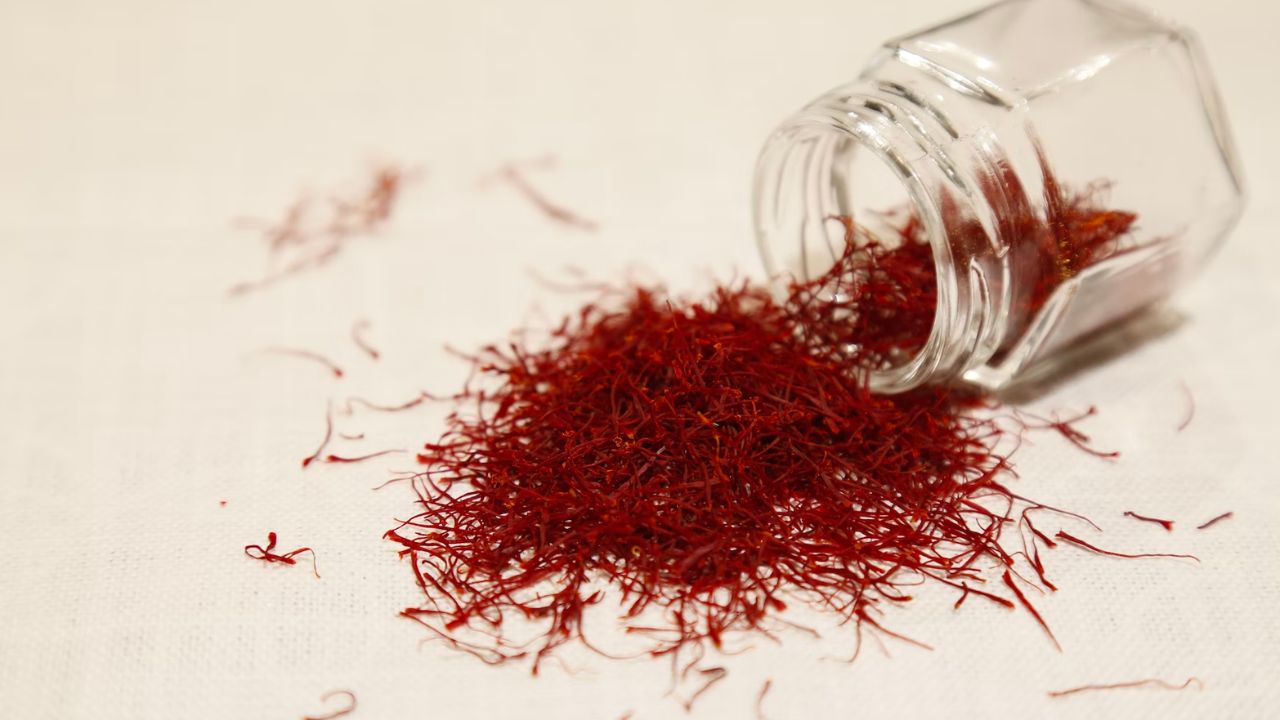Saffron is a highly valued spice that has been used in traditional medicine for centuries. It is well-known for its unique flavor and aroma, but what many people may not know is that saffron has several medicinal properties. In prophetic medicine, saffron is considered a natural antidepressant and immunity booster. In this article, we will explore the role of saffron in prophetic medicine and its potential benefits for overall health and wellbeing.
Saffron was also most beloved dye to the Prophet.
It is reported by Imaam Ahmad may Allah have mercy upon him from Ibn ‘Umar may Allah be pleased with him that Prophet (PBUH) used to dye his clothes with saffron and wipe his skin with it. Then he [Ibn ‘Umar may Allah be pleased with him] was asked, ‘‘Why do you dye this with saffron?” He replied, ‘‘It is because I saw that it was the most beloved dye to the Prophet sallallaahu `alayhi wa sallam ( may Allah exalt his mention ); he used to apply it on his skin and dye his clothes with it.’’
Saffron is derived from the Crocus sativus plant, and its threads or stigmas are used in cooking and medicine. It is widely cultivated in various parts of the world, including Iran, Spain, and India. Saffron is rich in several compounds that give it its unique properties, including crocin, crocetin, and safranal.
In prophetic medicine, saffron is considered a natural antidepressant. It is believed to have a calming effect on the nerves and can help alleviate symptoms of anxiety and depression. Saffron contains several active compounds that have been shown to have antidepressant effects, including crocin and safranal. These compounds work by increasing the levels of serotonin, a neurotransmitter that is responsible for regulating mood, in the brain.
Saffron is also believed to have immunity-boosting properties. It contains several antioxidants that help fight free radicals in the body and protect against oxidative stress. Saffron has been shown to have anti-inflammatory effects, which can help boost the immune system. Additionally, saffron has been shown to have antibacterial and antiviral properties, making it a potentially useful natural remedy for various infections.
In addition to its antidepressant and immunity-boosting properties, saffron has several other potential health benefits. It has been shown to have anti-inflammatory properties, which can help alleviate symptoms of arthritis and other inflammatory conditions. Saffron has also been shown to have anticancer properties, and studies have found that it may help inhibit the growth of cancer cells in the body.
Saffron can be consumed in various ways to reap its potential health benefits. It can be added to dishes as a spice, brewed as a tea, or taken in supplement form. However, it is important to note that saffron is a potent spice and should be consumed in moderation. Large doses of saffron can be toxic and may cause adverse effects.
In conclusion, saffron is a highly valued spice that has been used in traditional medicine for centuries. In prophetic medicine, saffron is considered a natural antidepressant and immunity booster. It is rich in several compounds that give it its unique properties, including crocin, crocetin, and safranal. Saffron has several potential health benefits, including anti-inflammatory, anticancer, and antimicrobial properties. However, it is important to consume saffron in moderation, as large doses can be toxic.












